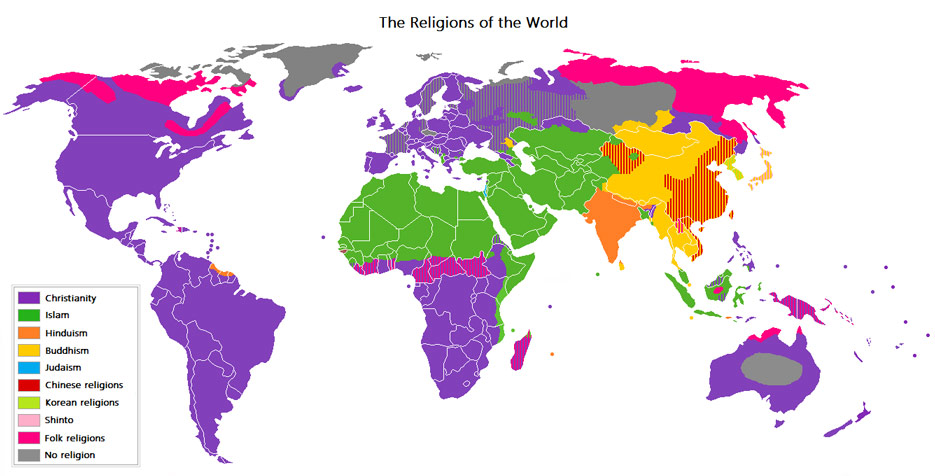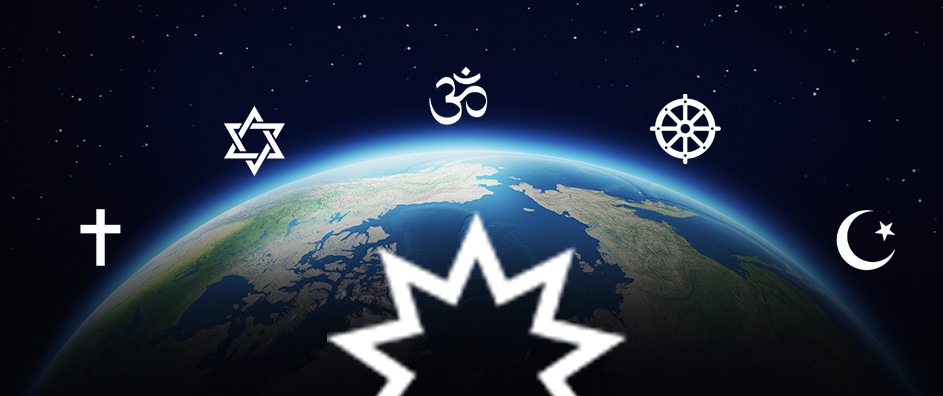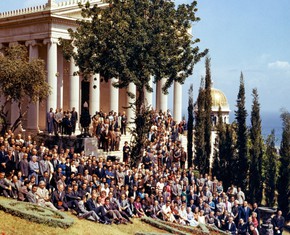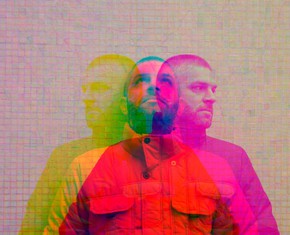The views expressed in our content reflect individual perspectives and do not represent the authoritative views of the Baha'i Faith.
Until the Baha’i Faith began, no major world religion had ever withstood the sectarian forces that tend to tear religions apart.
This crucial question—who speaks for the founder and prophet of the Faith after the prophet’s departure?—has plagued every religion in history. Schisms, sects and even religious wars have resulted from deep, disastrous disagreements over succession and authority. Many of these battles have turned into struggles for power, resulting in carnage, hatred, fanaticism and the subsequent loss of the original spirit of the founder’s teachings.
Examples abound. Hinduism and Buddhism both have so many different sects, divisions and divergent practices that few people can keep track of them. Judaism broke into a broad spectrum of beliefs, from ultra-orthodox to reform. Literally thousands of Christian denominations exist, from deeply fundamentalist to extremely liberal. Islam split in two immediately after Muhammad’s passing, and has since splintered into at least a thousand factions and orders.
 The Baha’i Faith, now more than a century after the passing of its founder Baha’u’llah, is the only major world religion that has retained its unity and successfully resisted sectarian division.
The Baha’i Faith, now more than a century after the passing of its founder Baha’u’llah, is the only major world religion that has retained its unity and successfully resisted sectarian division.
That singular achievement comes from the continuing guidance that Baha’is call the Covenant. On November 26th every year, Baha’is around the world celebrate the unity of their Faith—and the essential unity of all Faiths–on the Day of the Covenant.
This unique Baha’i Holy Day recognizes and honors the appointment of Abdu’l-Baha as the Center of Baha’u’llah’s Covenant, representing the unbroken, unified line of spiritual guidance that has safeguarded the Baha’i Faith from division and disunity. It also recognizes the wider covenant that exists between God and humanity, which expresses itself in the prophetic connections that link every Faith.
Baha’is believe in progressive revelation—the idea that God reveals religious and mystical truth through a continuing succession of prophets and messengers across all human history. Progressive revelation connects the world’s great religious teachers, the founders of humanity’s major Faiths, in a great chain of spiritual guidance from God. Buddha, Krishna, Christ, Moses, Muhammad–Baha’is believe that each of the prophets and manifestations of God founded a great Faith and promised their followers that they would return. They re-appear to fulfill that promise, and to lead humanity repeatedly back to its spiritual reality. This eternal covenant between God and humanity calls on everyone to recognize and accept the next manifestation, forming the system of divine education called progressive revelation.
In other words, Baha’is see the unity of religion as an organic, unbroken chain of God’s Messengers, who all taught the same essential Faith:
The greatest of all affairs is unity and harmony, the love and affection of heart and soul. The believers of God are the waves of one Sea, the drops of one River, the signs of one Kingdom, the standards of one Regiment the lights of one Orb, the Armies of one General, the stars of one Heaven and are addressed by one Covenant. – Abdu’l-Baha, Star of the West, Volume 1, p. 156.
The Baha’i teachings say that this great eternal covenant, God’s promise never to leave His creation bereft of guidance, has held true throughout every time and civilization:
…it is a basic principle of the Law of God that in every Prophetic Mission, He entereth into a Covenant with all believers — a Covenant that endureth until the end of that Mission, until the promised day when the Personage stipulated at the outset of the Mission is made manifest. – Abdu’l-Baha, Selections from the Writings of Abdu’l-Baha, p. 207.
The Baha’i Covenant, clearly outlined in Baha’u’llah’s Will and Testament, continues that unbroken chain of divine guidance and love–not only by promising humanity that another world faith would come in the future, but by appointing Abdu’l-Baha as his successor. Unique in religious history, that appointment provides the organizing principle for the continuation of the Baha’i teachings and the administration of the growing Baha’i community around the world, as well as answering the questions of succession and leadership that have troubled so many past religions.
Baha’u’llah’s appointment invested Abdu’l-Baha with the authority to function as the sole interpreter of the Baha’i writings, and named him as the one who would carry out Baha’u’llah’s purpose in the establishment of the Baha’i administrative order. The appointment of Abdu’l-Baha as the Center of the Covenant also recognized that in his personal life, in his words and deeds, Abdu’l-Baha perfectly exemplified the qualities and ideals of a true Baha’i.
After Abdu’l-Baha’s passing, the Covenant continued when his Will and Testament named Shoghi Effendi as the Guardian of the Baha’i Faith, and made provisions for the global election of the Universal House of Justice, paving the way for a transition from hereditary to democratic succession and governance. The election of the first Universal House of Justice occurred in 1963, a hundred years after Baha’u’llah proclaimed the beginning of his Faith.
This Covenant, a clear line of succession that has kept the unity of the Baha’i Faith intact and inviolable, serves not only to unite and bind together the hearts of the Baha’is around the world—it also demonstrates, to all humanity, that we can achieve a more global unity which includes all people and nations.
















Comments
Sign in or create an account
Continue with Googleor